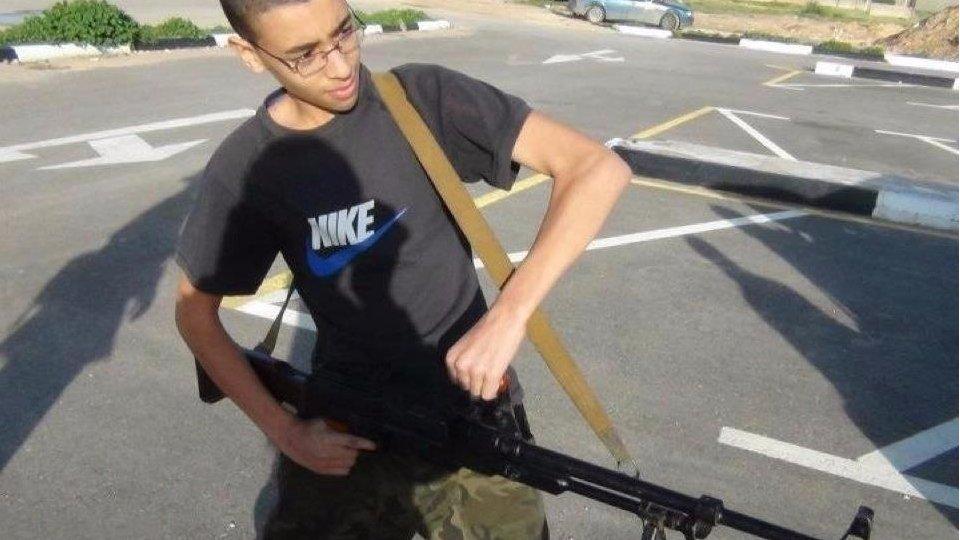Manchester Arena operator denies 'sacrificing safety'
- Published

Twenty-two people were killed and hundreds more injured in the 2017 bombing
The operator of the Manchester Arena has denied it "deliberately sacrificed safety" in the aftermath of the 2017 bombing.
An inquiry has heard how security failures contributed to the arena being unsafe on the night of the attack.
Venue operator SMG has disputed claims it "was akin to the worst kind of Dickensian factory owner, deliberately and cynically sacrificing safety".
British Transport Police (BTP) has admitted it made mistakes.
Twenty-two people were killed and hundreds more injured when Salman Abedi detonated a home-made device as fans left the arena following an Ariana Grande concert.
Andrew O'Connor QC, representing SMG, told the inquiry the firm had always accepted responsibility for security in the City Room, where the bomb exploded.
But he denied the firm had sought to "blame others," adding it had "simply sought to explain how SMG discharged its responsibilities".
"It is for that purpose and not for prevarication, finger-pointing or buck passing that we have sought to explain to you SMG's relationship with all the other organisations involved," he added.
Mr O'Connor said the company accepted there were "shortcomings" with its written risk assessments but maintained it "did have a system for assessing terrorism-related risk".
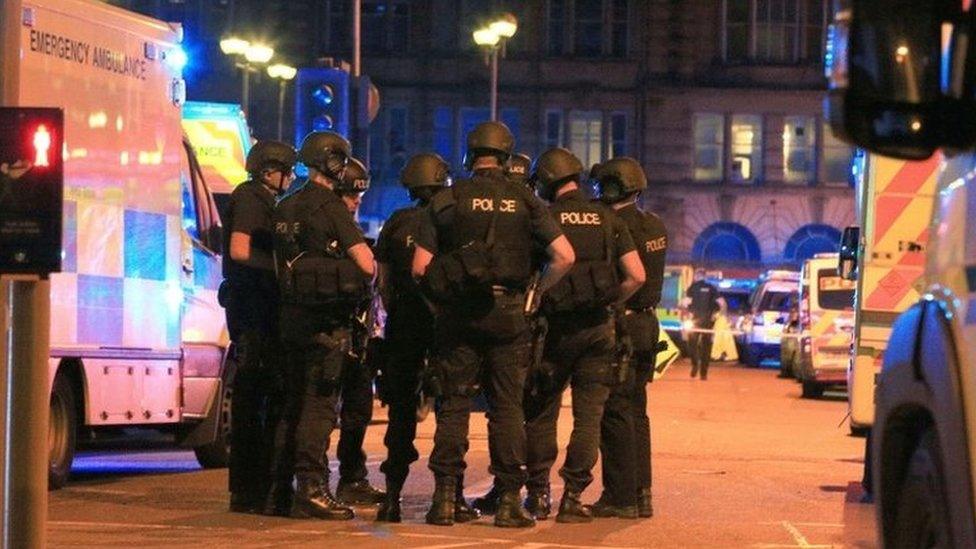
The public inquiry into the bombing will look at whether the attack could have been prevented
Patrick Gibbs QC, representing BTP, told the inquiry the force made five key mistakes on the night of the bombing.
This included having no officers on patrol at Victoria station when Abedi made his final journey to the arena and not having an officer in the City Room at the end of the concert.
Other mistakes included failing to complete a written risk-assessment for the concert, officers not following instructions from their duty sergeant and that PC Stephen Corke, the most experienced officer on duty, was not at the arena complex for the end of the event.
BTP has since made significant changes to its procedures since the attack, the inquiry was told.
These include monthly meetings with the arena operators to discuss events.
The inquiry, which began in September, continues.

Why not follow BBC North West on Facebook, external, Twitter, external and Instagram, external? You can also send story ideas to northwest.newsonline@bbc.co.uk, external
- Published25 January 2021

- Published20 January 2021

- Published19 January 2021
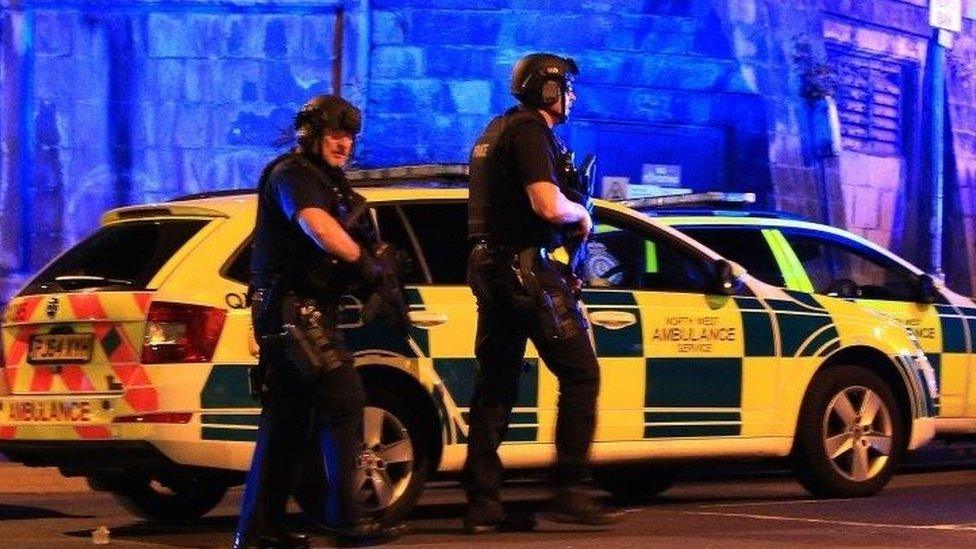
- Published18 January 2021
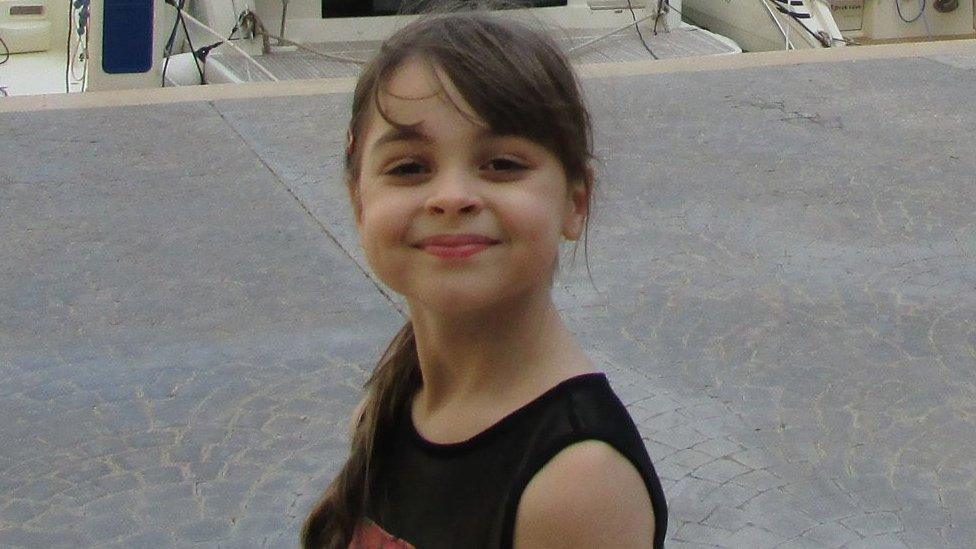
- Published3 November 2022

- Published7 September 2020
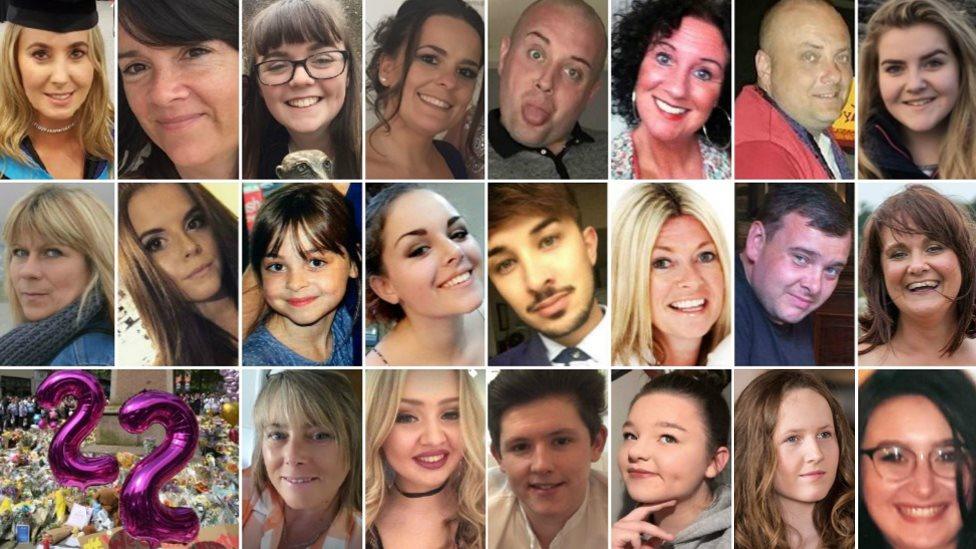
- Published17 March 2020
